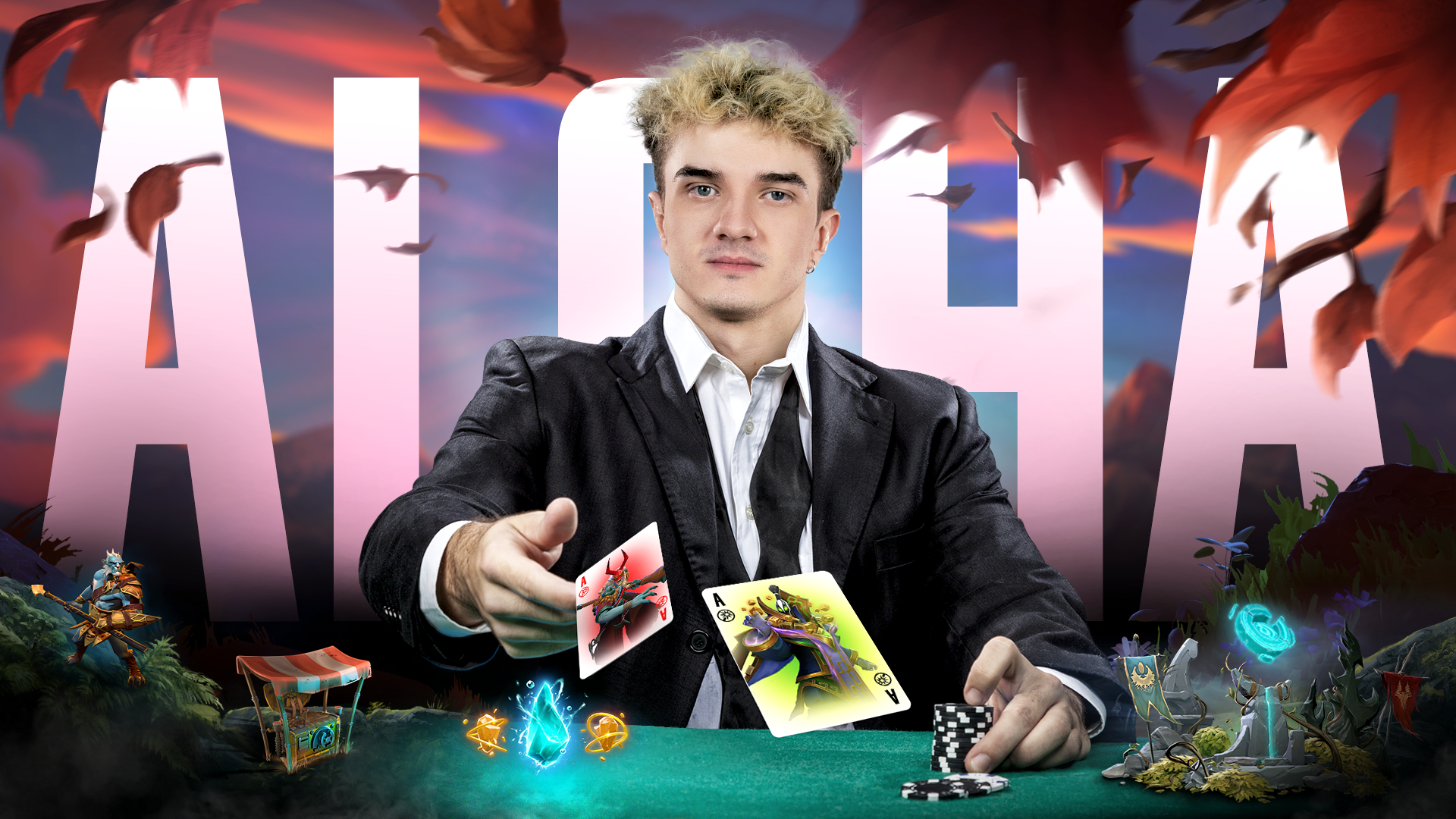In the high-stakes world of competitive gaming, the glitz of prize pools and the roar of digital arenas often overshadow a less glamorous truth: the profound mental toll on its participants. For professional players and dedicated streamers, the passion for a game can, paradoxically, become a significant source of stress. Recently, Ilya “ALOHADANCE” Korobkin, a prominent figure in the Dota 2 community, offered a candid glimpse into this hidden struggle, revealing how even casual play can strain one`s mental fortitude.
A Confession from the Digital Trenches
During a recent broadcast, ALOHADANCE, known for his formidable skills and engaging personality, articulated a concern that resonates with many in the esports ecosystem. He confessed that merely a month of consistent Dota 2 public match play had led to “serious problems with his head.” His words painted a vivid picture of heightened emotional reactivity, a stark contrast to his earlier, more laid-back demeanor.
“I can tell you that I`ve already started having such serious problems with my head… I`ve started reacting very sharply to moments that I used to just smile at. It`s clear that I`m losing my mind.”
— ALOHADANCE on his Dota 2 experience
This admission is particularly telling. It wasn`t the pressure of a million-dollar tournament or the scrutiny of a professional league, but the daily grind of public matchmaking that began to erode his mental well-being. This suggests an intrinsic, pervasive stress within the game itself, regardless of the competitive tier.
The Intricate Web of Dota 2`s Psychological Demands
Dota 2 is far more than a simple game; it is a complex tapestry of strategy, real-time decision-making, and intense team coordination. With over a hundred unique heroes, an ever-shifting meta, and constant balance patches, mastering the game requires an enormous investment of time and mental energy. Every match is a microcosm of human interaction, rife with potential for both triumphant synergy and frustrating discord.
- Unpredictable Teammates: The inability to control the actions or attitudes of four other players can be a constant source of irritation.
- High Stakes, Low Tolerance: Even in casual play, the desire to win is strong, leading to amplified reactions to mistakes – both one`s own and others`.
- Constant Analysis: Players are perpetually evaluating their performance, their teammates, and their opponents, a mentally taxing process.
- Tilt Potential: The cumulative effect of minor frustrations can quickly lead to “tilt,” a state of emotional breakdown that further impairs judgment and performance.
It`s an environment where stoicism is a prized virtue, yet often the first casualty of an extended losing streak or a particularly contentious interaction.
Ambition Versus Equilibrium: The Professional Paradox
ALOHADANCE`s recent revelation also brings into sharper focus his previously stated professional aspirations. He maintains a clear ambition: to play only for top-tier (Tier-1) teams, confident in his ability to quickly regain the form required for such an elite level. This stance, while admirable in its ambition, introduces a subtle irony.
The path to Tier-1 status in esports is notoriously grueling, demanding unparalleled dedication, relentless practice schedules, and an even greater capacity to endure pressure. If the comparatively lower stakes of public matches can inflict “serious problems with his head,” one must consider the immense mental fortitude required to navigate the hyper-competitive professional scene.
The challenge for aspiring professionals like ALOHADANCE is not merely honing mechanical skill or strategic acumen, but also developing robust mental resilience that can withstand the perpetual psychological onslaught of the highest competitive tiers. It`s a journey where mental well-being isn`t just a side consideration, but a critical component of sustainable success.
The Growing Call for Mental Health in Esports
ALOHADANCE`s frankness contributes to a vital, ongoing conversation within the esports community: the prioritization of mental health. As the industry matures, the narrative is slowly shifting from solely celebrating victories to acknowledging the often-invisible costs. Players across various titles have increasingly opened up about their struggles with burnout, anxiety, and depression.
The industry is beginning to recognize that supporting players means more than just providing a good salary and practice facilities. It entails offering psychological support, encouraging breaks, promoting physical well-being, and fostering environments where players feel safe to express vulnerability without fear of professional repercussions. The goal is not just to produce champions, but to ensure that those champions can thrive both in and out of the game.
ALOHADANCE’s experience serves as a stark, humanizing reminder that behind every digital avatar is a person navigating complex challenges. His “problems with his head” are not unique; they echo the quiet battles fought by many in the unforgiving arena of esports. As Dota 2 continues to evolve, so too must the community`s approach to player welfare, ensuring that the pursuit of victory doesn`t come at an insurmountable personal cost.
Note: This article is an analytical and creative interpretation based on the original news snippet and does not represent direct quotes or official statements beyond what was publicly reported by ALOHADANCE.

